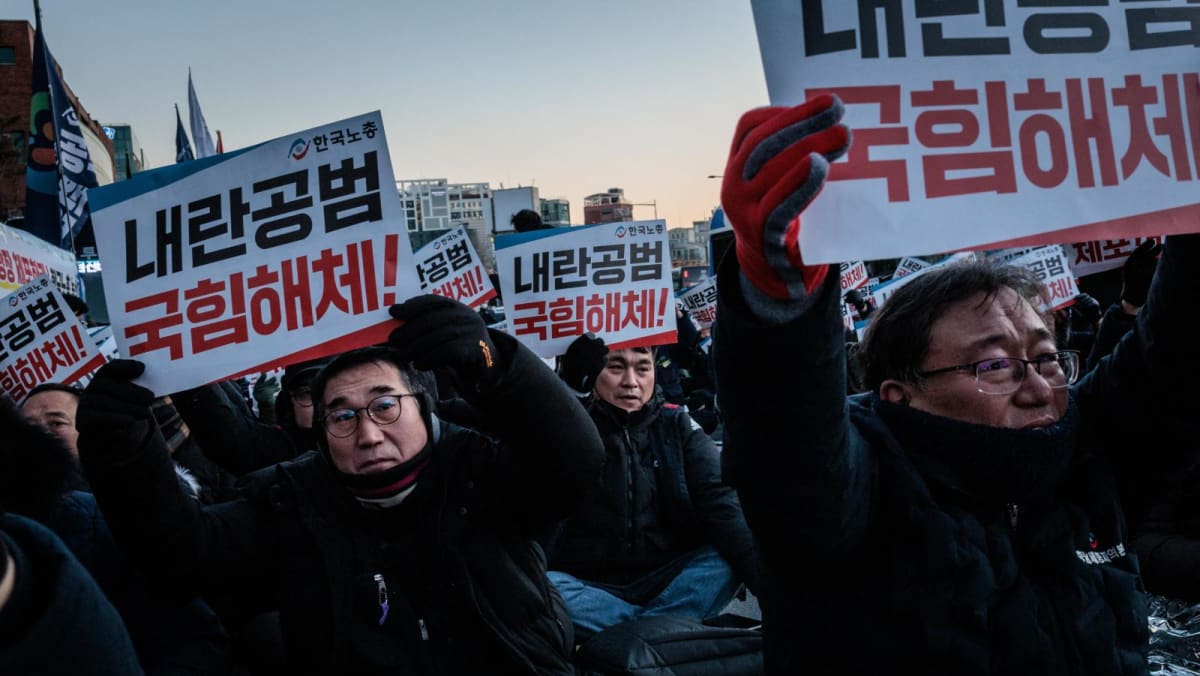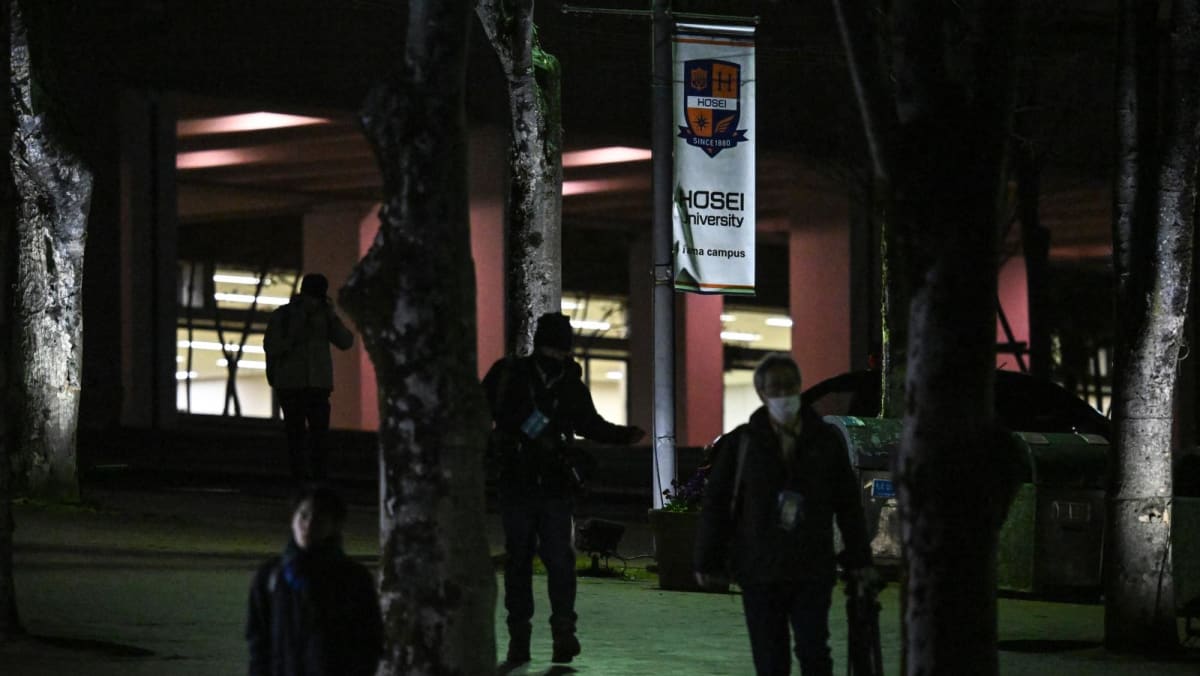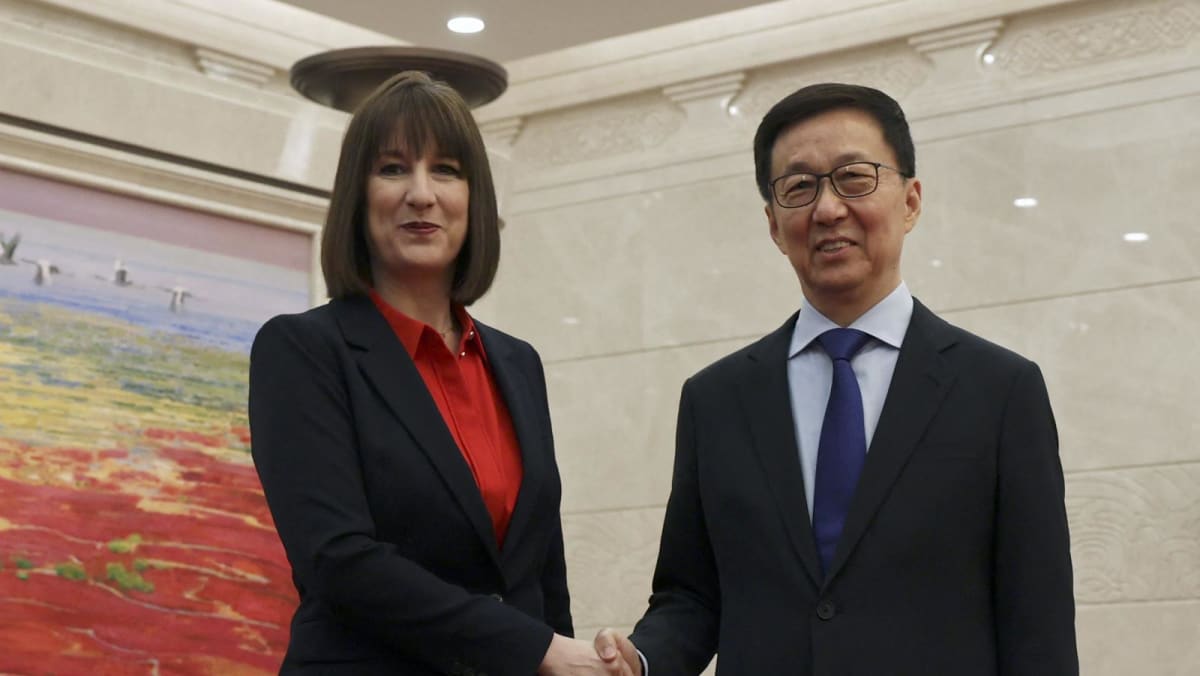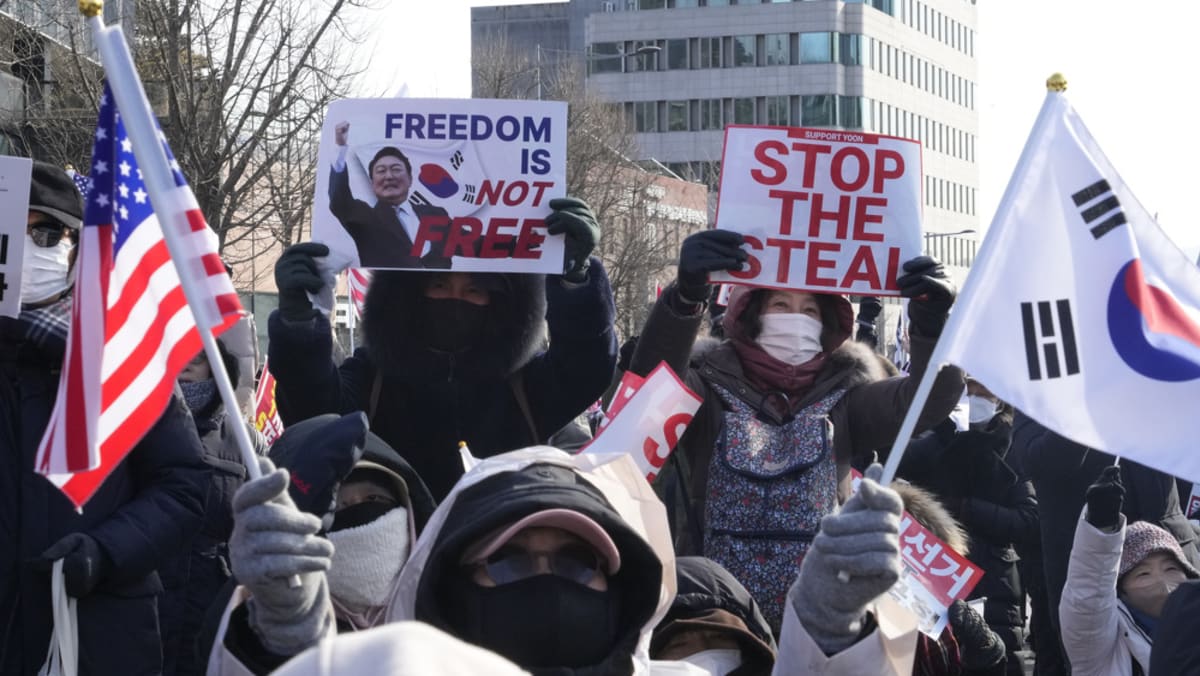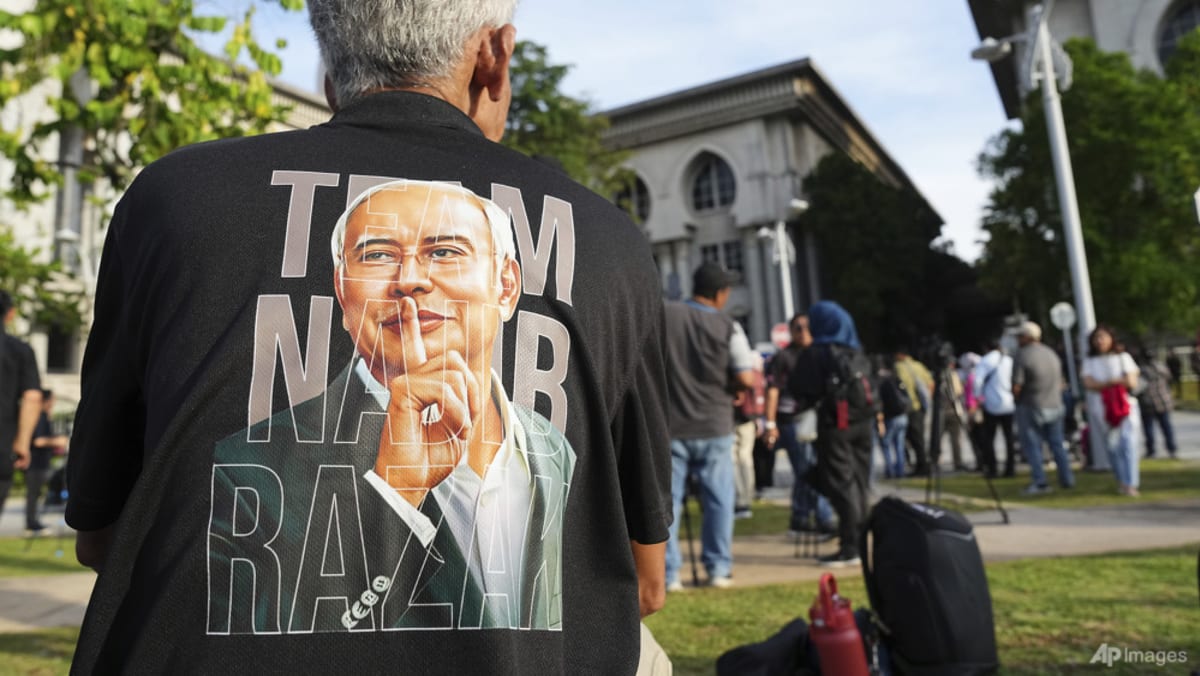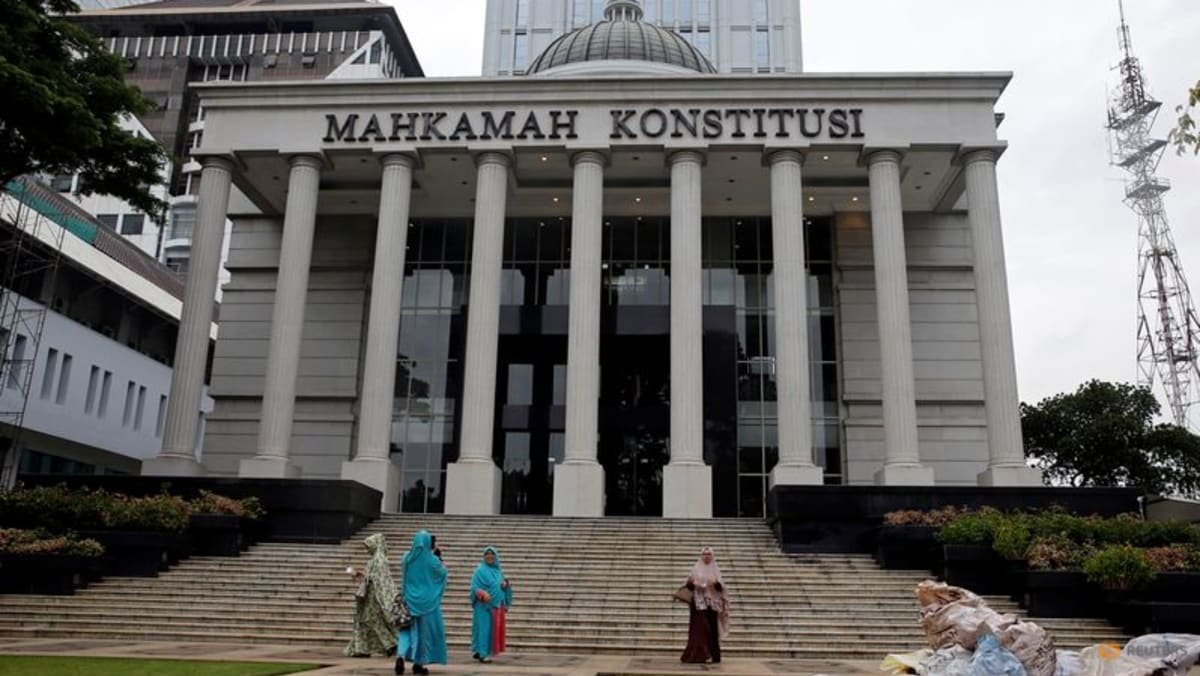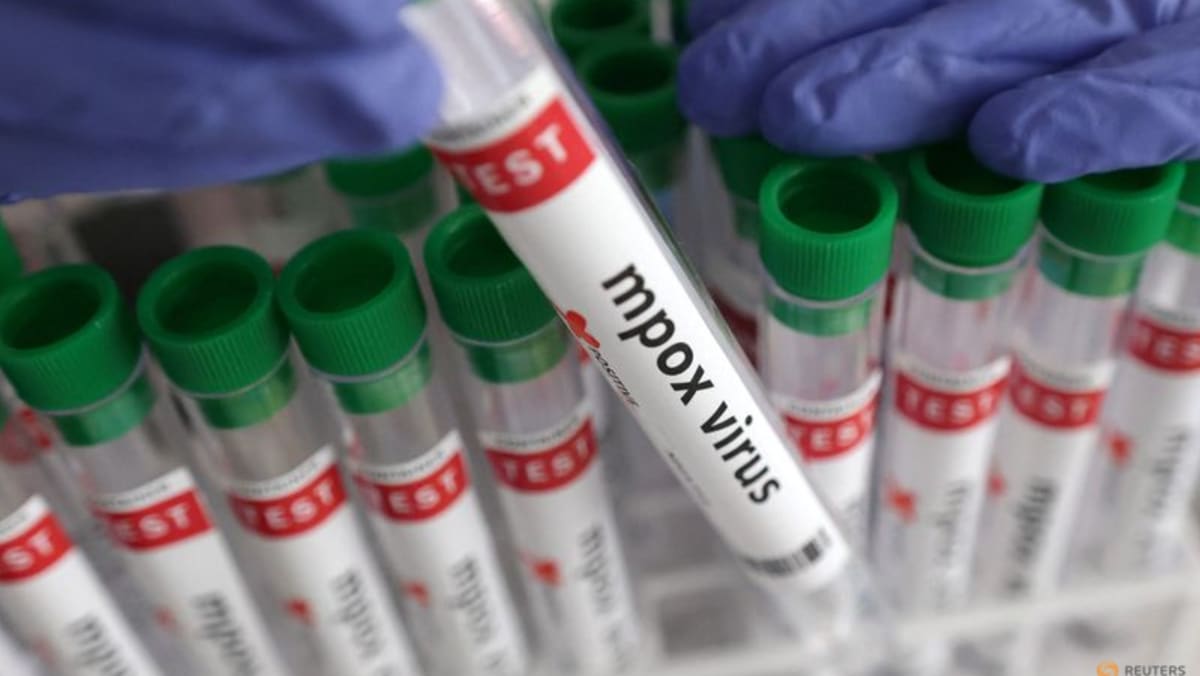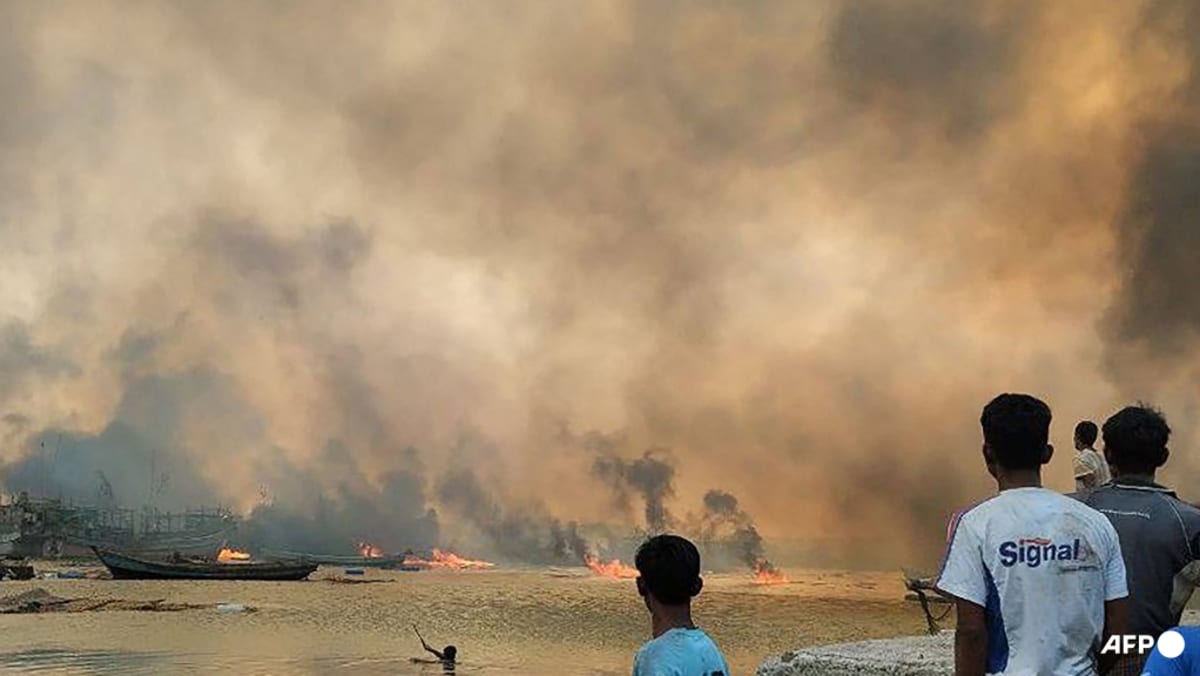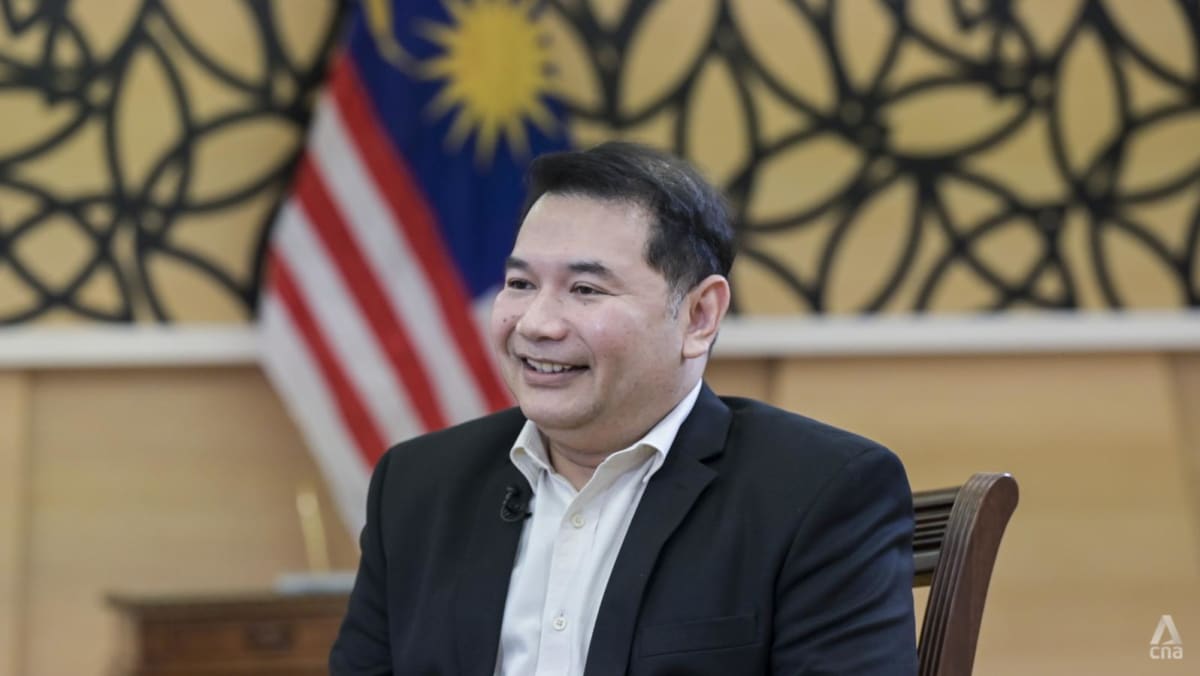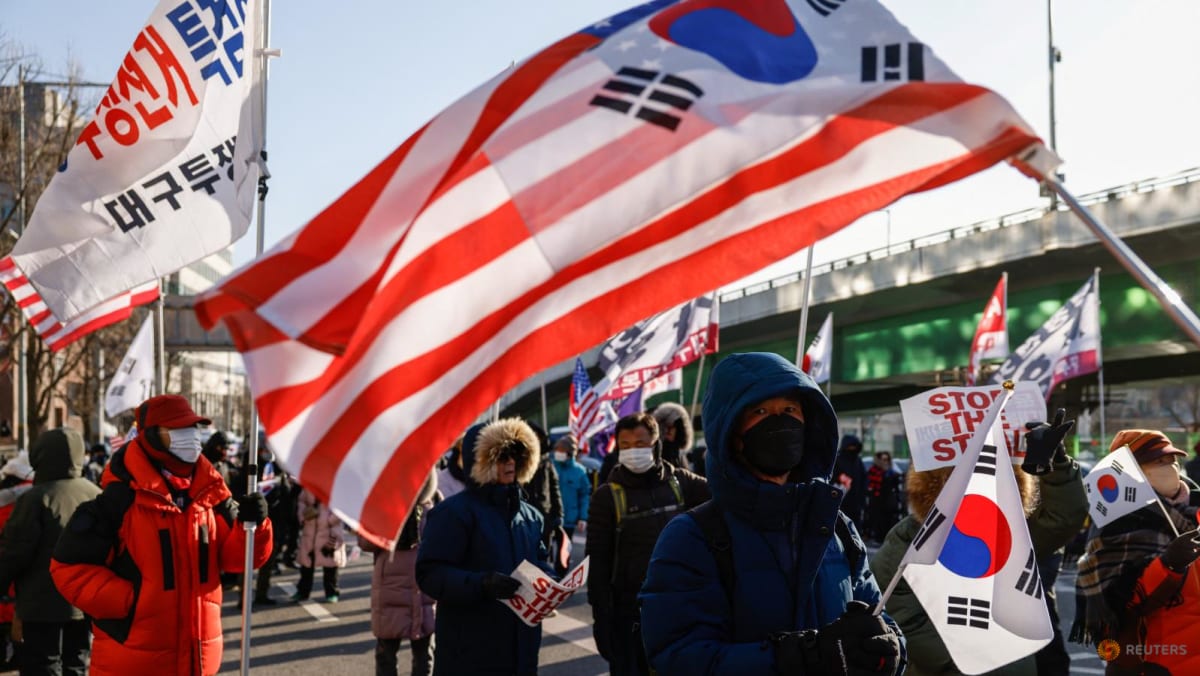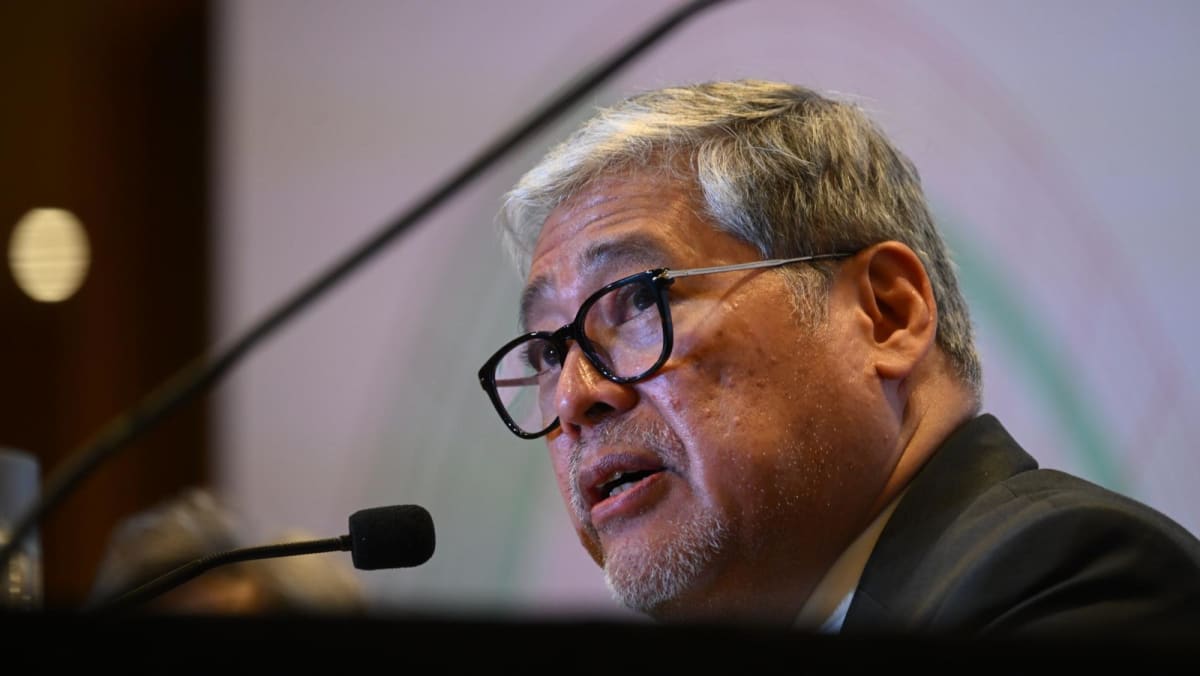As Malaysia restarts national service programme, can it avoid its ‘on-again, off-again’ history?
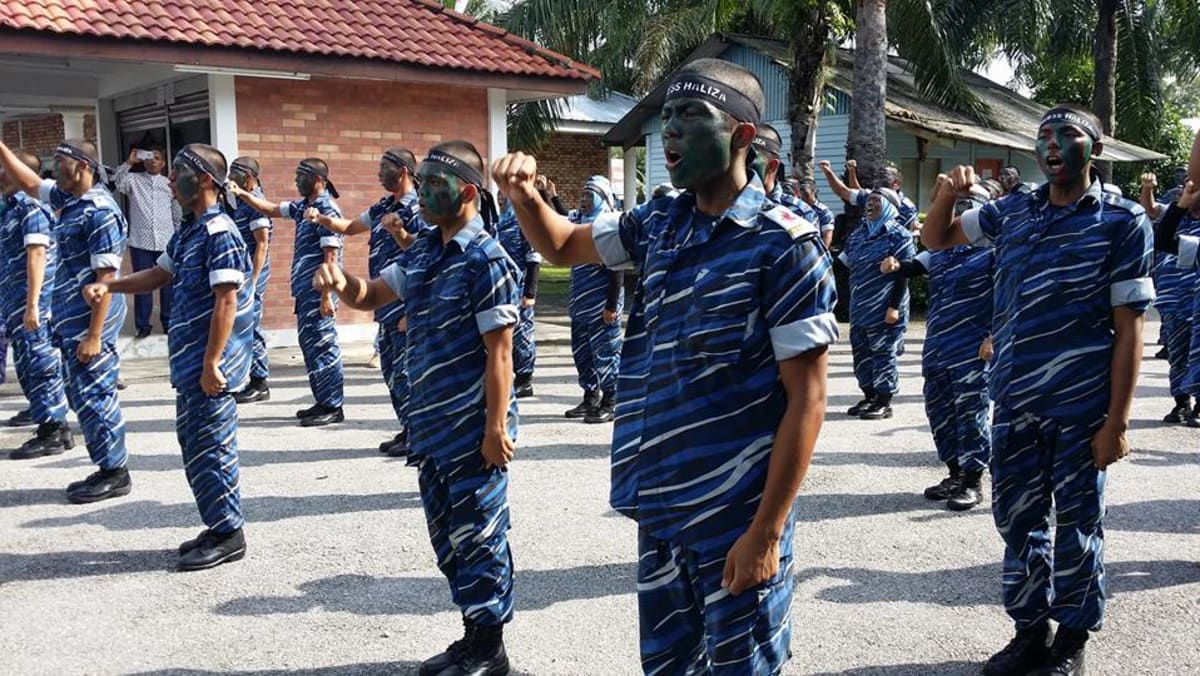
But the programme was scrapped by the Pakatan Harapan government in August 2018, three months after it came to power, with the then youth and sports minister Syed Saddiq Syed Abdul Rahman saying it had been misused for the purpose of the indoctrination of certain beliefs.
Now, the third iteration of the National Service Training Programme – dubbed PLKN 3.0 – will be back via a pilot project involving 200 people aged between 18 and 20 who applied for the programme voluntarily.
Beginning from Sunday (Jan 12), the programme will be held at a territorial army camp in Kuala Lumpur for a period of 45 days.
It will then be expanded to the next phase with 500 different recruits in July before being fully implemented next year.
While there have been calls by many including a parliamentary special select committee to not go forward with the programme, advocates for PLKN 3.0 say that it is one that fosters patriotism, unity, and discipline among Malaysia’s youths.
IMPLEMENTATION NOT CLEAR
Saifuddin Abdullah – who is the chairman of a parliamentary special select committee on Nation Building, Education and Human Resources Development – told a press conference last month that the government should not proceed with the programme.
But should the authorities go forward with PLKN 3.0, Saifuddin urged for more studies to be conducted as its current implementation strategy was not clear.
“There are no clear objectives because of legacy problems from the previous national service programmes. If it wants to continue, it should be military or semi-military. If we want to do it, it must be properly done.
“Not like how it is suggested today. But if we do the military system, then there will be questions if we really need it. Are we like other countries that need these programmes?” he said.
In the region, Singapore and Thailand have national service programmes that are predominantly military-focused.
In Singapore, the two-year national service is compulsory for every able-bodied male citizen and permanent resident aged 18 and above to serve in the uniformed services.
Meanwhile, in Thailand, males reaching the age of 18 are required to enlist in the military. If they do not volunteer, they become eligible for conscription when they turn 21. They must then participate in a lottery that takes place every April.
Those without a high school diploma must serve for two years, while high school graduates who volunteer are obligated to serve for a year.
Saifuddin said that Malaysia’s module for PLKN 3.0 – 70 per cent military and 30 per cent national education – were similar to the previous iterations of the programme.
He said that even within the military modules, a significant portion of the curriculum lacked a direct military focus, encompassing things such as Technical and Vocational Education and Training (TVET).
“This is also taught in other educational institutes. What is the need to spend money on the same thing? As for national education, it is already taught comprehensively in history (classes) in schools,” he said, claiming that based on multiple studies, the programme did not yield any enduring positive outcomes for its participants.
Saifuddin noted that another factor against holding national service would be its cost, pointing out that the Malaysian government had spent RM500 million (US$111 million) every year on the programme previously.
“The target for the third national service is bigger than the first two. It is possible the actual programme in 2026 will require a bigger budget,” he said.
Other concerns regarding national service revolve around safety issues, including bullying, sexual harassment, and fighting.
Until 2013, there had been 23 reported deaths in the national service.
In the past, the programme has also been marred by incidents of food poisoning and substandard hygienic conditions of training camps, among others.
Source: CNA


